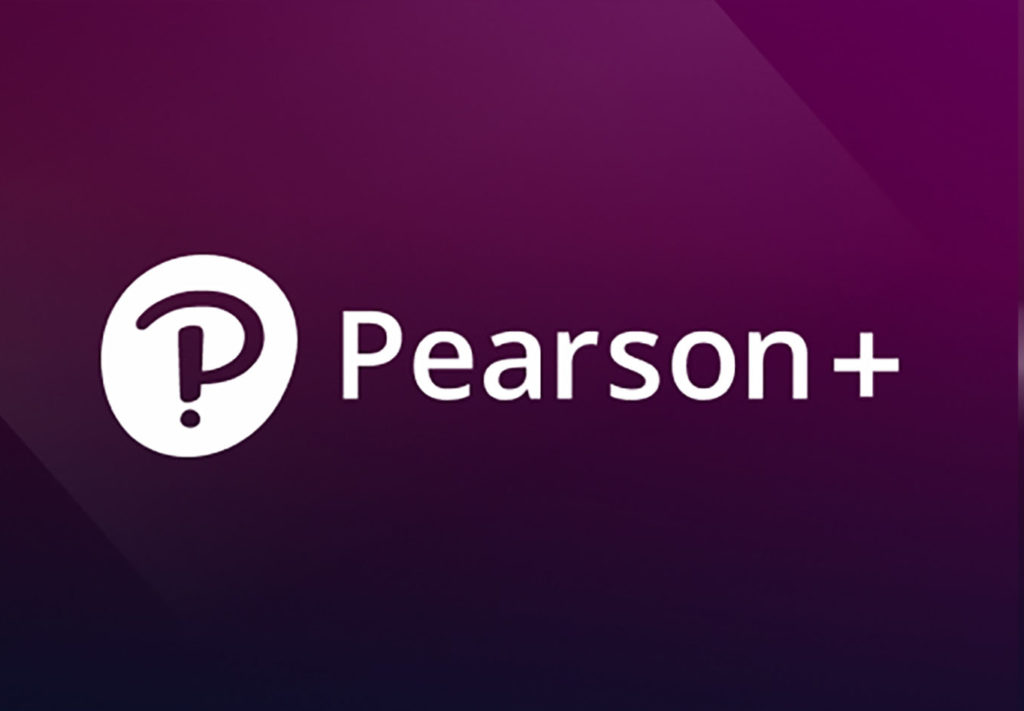
Pearson, one of the largest textbook publishing and education companies, recently launched its first subscription service, Pearson+.
The subscription comes as an application — compatible with both mobile and desktop devices — that offers access to more than 1,500 electronic textbooks and a large selection of study tools.
“With Pearson+ we are reimagining the learning experience for students and building direct relationships with them,” stated CEO Andy Bird in a press release. “We want students to spend less time worrying about purchasing their books and more time enjoying their college experience.”
Read on to learn how Pearson+ is responding to shifting consumer demands all while improving the education experience.
Textbook Subscriptions on the Rise
“Students are clear that they prefer the convenience and affordability of digital learning tools like Pearson+,” said Bird in the press release. Through collaborating with students, the subscription offers affordable eTexts and study aids that target individuals’ learning needs.
Pearson isn’t the first textbook publisher to realize the need for more digital options. According to Forbes, Perlego, an online library subscription service, and Cengage Learning EMEA, an educational content publisher that runs a textbook subscription service in the U.S., partnered together in 2018 to better distribute Cengage’s textbooks in Perlego’s European markets.
Pearson+ offers study tools unique to the new subscription offering, including audio versions of electronic textbooks, advanced note-taking capabilities, flashcard sets, the ability to create and customize new flashcard sets, and 24/7 live support for students.
Customer Loyalty Translates Into Big Savings

Pearson+ has two pricing tiers for a 4-month minimum term — which is roughly the length of an academic semester — $9.99/month and $14.99/month.
Students who choose the $9.99/month option have access to one eText at a time on up to three devices, plus all additional study aids. Those selecting the $14.99/month option have access to 1,500+ textbooks on up to three devices and receive discounts on virtual tutors.
In 2020, the average cost of an electronic textbook was $38, while new, hard-copy textbooks can reach up to $400 a piece, averaging between $80 and $150 — according to Education Data. With Pearson+, students who require multiple textbooks each semester and opt for the more expensive subscription tier will save hundreds of dollars per year.
Pearson’s overarching goal is to establish relationships with the millions of students that use its products and services, thereby creating innate customer loyalty. At the same time, the company aims to recapture “sales lost to the secondary textbook market and reset the economics of the company’s higher education business,” according to the press release.
Adapting Your Business Based on Customer Behavior
College textbook prices have been steadily increasing for decades — 1,041% from January 1977 to July 2015, according to NBC’s review of Bureau of Labor Statistics data. In 2020, 65% of students avoided buying textbooks due to the costs, according to a survey conducted by the U.S. PIRG Education Fund.
Additionally, 74% of students who lost their job due to the coronavirus pandemic didn’t buy textbooks in 2020.
College students depend heavily on part-time and full-time jobs to afford their education, according to the U.S. PIRG Education Fund survey. The minimum wage provides them with 57% of the average four-year college tuition and fees, according to the Urban Institute.

Some industry experts argue that companies are overlooking the actual needs of college students. For example, the University of Michigan recently compared the college textbook market to the prescription drug market, according to The James G. Martin Center For Academic Renewal.
“Both markets rely on third parties (student loans or health insurance companies) to pay for textbooks or drugs for the consumer,” wrote Megan Zogby. “When the person paying for something isn’t the person using it, the seller can increase their price without losing a customer.”
By making college course materials more affordable, Pearson has the potential to reverse this growing issue. “As the company learns more about their needs and preference, Pearson+ will become Pearson’s flagship higher education product with additional features and content planned for future release,” said Bird.
While Pearson’s digital sales in their US Higher Education Courseware division already make up more than 70% of its revenue, the company is using the subscription business model to offer more convenient and affordable educational options on top of its current digital library.
Key Takeaways:
- Pearson, one of the largest textbook publishing and education companies, launched a textbook subscription service called Pearson+.
- Pearson+ has two pricing options — $9.99/month for one eText at a time and $14.99/month for access to 1,500+ textbooks and many study tools.
- The subscription model attempts to create genuine relationships with Pearson’s student consumers and generate extra revenue.

